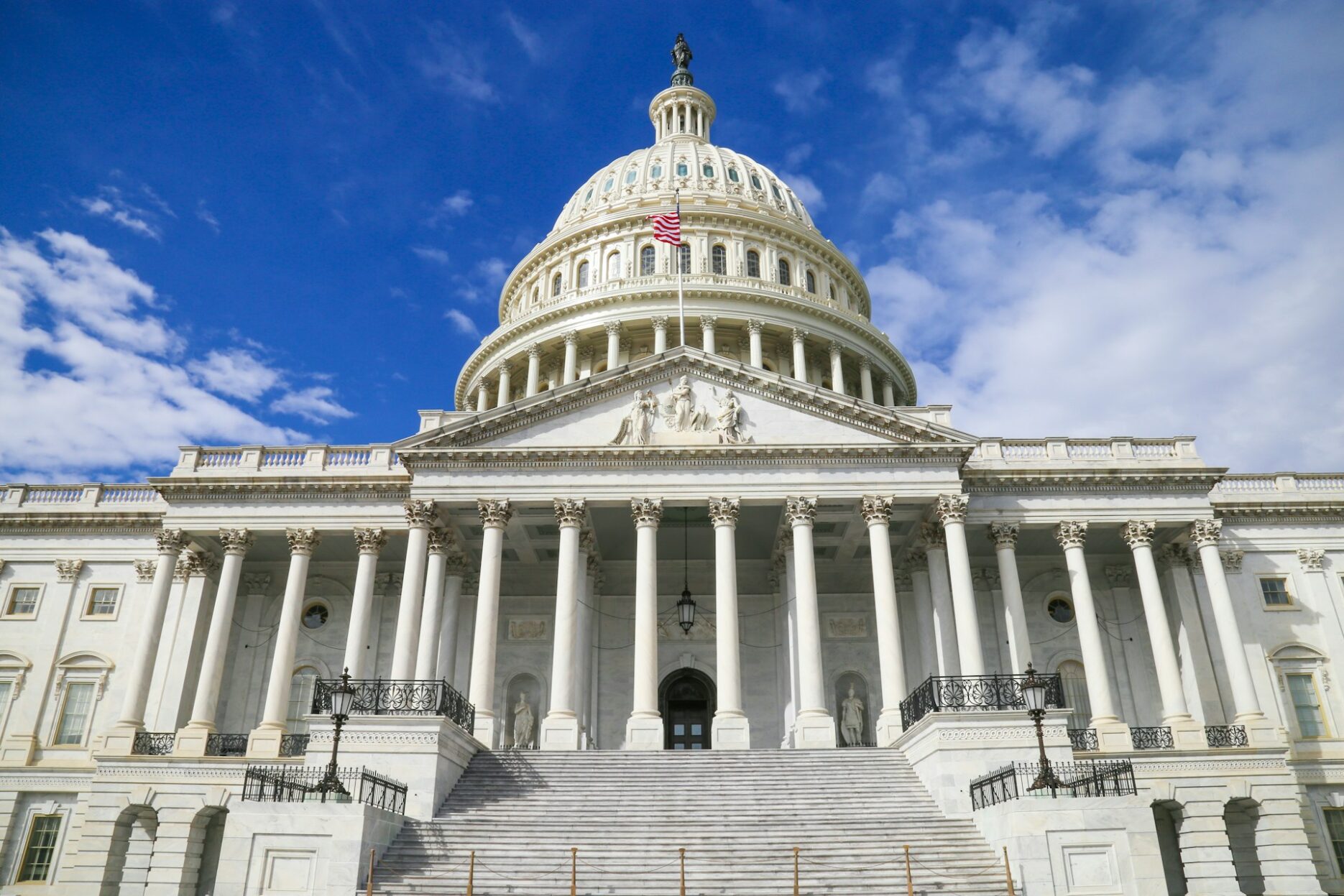The US House of Representatives just voted by an overwhelming majority to pass legislation that could result in the Chinese-owned short video app TikTok being banned in its biggest userbase (not counting China, where a separate version of the app, Douyin, is used).
The legislation would force TikTok’s owner ByteDance to either sell the app to a non-Chinese buyer within six months or get banned in the US. On March 13, Republicans and Democrats united to vote 352-65 in favour of the legislation, and President Biden has said he would sign off on it. A previous attempted TikTok ban by Trump in 2020 was blocked by federal courts, and the former president has since reversed his stance on the app.
So what does the House of Representatives vote actually mean? Is TikTok now banned? Not quite yet. It still has to be passed by the Senate in order to be enshrined into law. This could be blocked by Majority Leader of the Senate, Chuck Schumer, who has not taken a clear stance on the issue, but stated he will not rush to push it through.
Whilst US lawmakers largely agree that TikTok’s Chinese ownership poses some degree of national security threat, opinions diverge on whether a wholesale ban on the app is an effective – or diplomatically wise – solution. “My concern is that if you try to deal with this by name, you’re playing a game of whack-a-mole, because what’s TikTok today, next week it’s TokTik or TicTak or whatever,” said Senator John Cornyn. It has also been noted that the Senate acts much more slowly than the House of Representatives.
If the Senate does pass the legislation, the ban is still far from complete. Analysts think it would be highly unlikely for TikTok to pursue divestment from ByteDance as China’s Ministry of Commerce said last year it would “firmly oppose” divestment. However, Bloomberg reported ahead of the vote that TikTok will exhaust all possible legal routes to challenge the legislation before even considering a divestment, a process that could take years.
The spokesperson for China’s Foreign Ministry, Wang Wenbin, issued a stark warning to US lawmakers ahead of the vote, calling it “bullying behaviour”. In no uncertain terms, Wang voiced what many commentators and American TikTok users also fear: “In the end, this will inevitably come back to bite the United States itself.”









